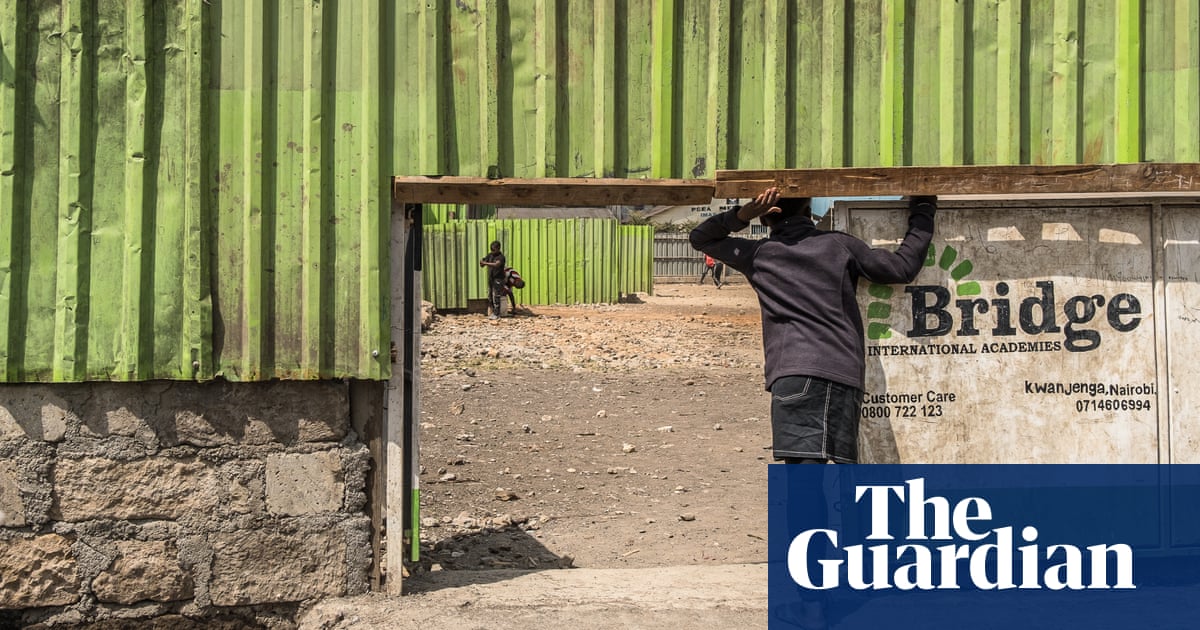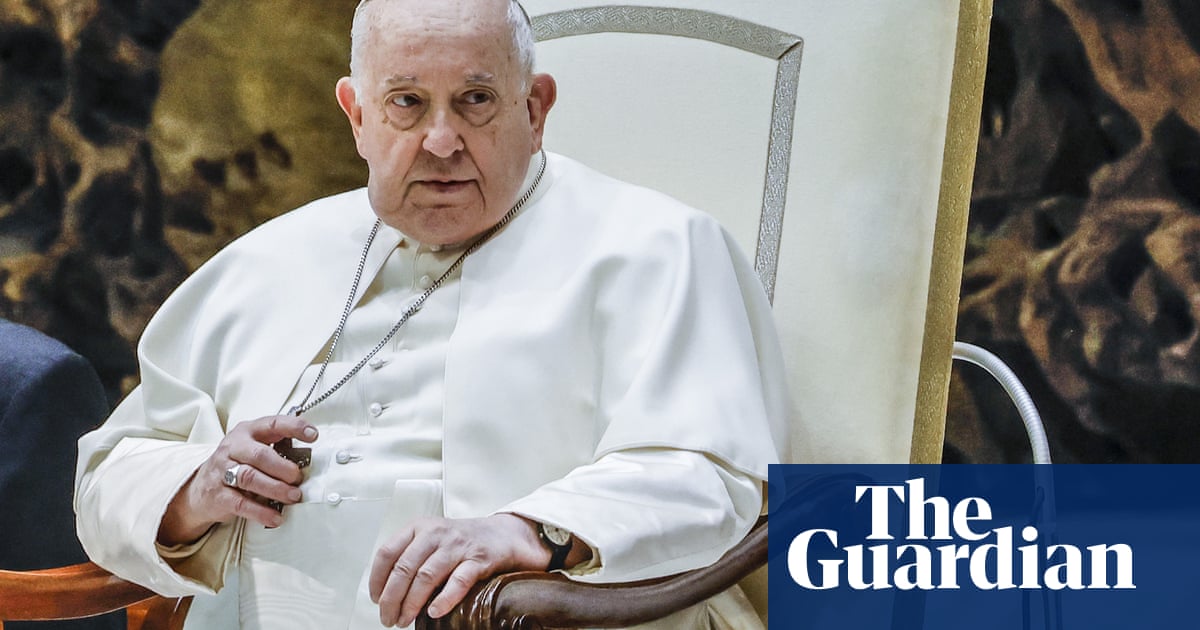
The World Bank has been accused of failing to prevent child abuse at a school chain it funded in Kenya.
The bank’s internal watchdog, the Compliance Advisor Ombudsman (CAO), found that the bank’s International Finance Corporation (IFC) had failed to satisfy its own environmental and social requirements before it started funding Bridge International Academies in 2014, and during its supervision of its investment in the project, which came to an end last year.
In its report submitted to the IFC in August, seen by the Guardian, the CAO said the corporation was aware of abuse allegations but had failed to ensure the cases were adequately dealt with or that safeguards were put in place to stop future abuse.
The CAO said it had found 21 cases of child sexual abuse by teaching staff at Bridge schools between 2014 and 2021.
Bridge confirmed 10 cases of child sex abuse were reported in one of its schools in 2016. It said that it had ended the contracts of the teachers accused of abuse, filed reports with the police, offered the victims psychosocial support, and engaged with the children’s parents and communities over the incidents.
David Pred, executive director of Inclusive Development International, an organisation that advocates for communities harmed by investment projects, said the IFC had “turned a blind eye to these risks, even when incidents of child sexual abuse were reported”.
The IFC, which invests in private sector projects, gave the for-profit school chain, which ran 200 schools, $13.5m (£10.7m) between 2014 and last year, when it stopped its funding. IFC did not give a reason for the divestment, but it coincided with the bank’s broader policy of withdrawing funding for private, fee-charging schools.
Makhtar Diop, the IFC’s managing director, has said that the bank is “deeply disturbed” by the reports of child sexual abuse at one of its projects. Diop was responding by letter on 16 November to 32 civil society organisations that have called for an independent investigation into the IFC’s handling of the Bridge case. Diop wrote: “We do not tolerate any form of abuse in the projects we finance, and we are deeply grateful to the courageous survivors who came forward.”
He added: “We are currently reviewing the [CAO] report and are committed to addressing the findings diligently and transparently.”
The bank said it had worked with Bridge to develop a child protection policy, had hired dedicated child protection staff and engaged a global specialist to help strengthen policies, while Bridge said it had maintained “extensive” child protection measures since the school chain was opened in 2008.
Margaux Day, policy director of rights organisation Accountability Counsel, said: “How could we trust the institution [IFC] to do better next time if they can’t get it right in this very emblematic and egregious case?”
US senators Elizabeth Warren and Peter Welch wrote to the bank in October expressing their concerns over the Bridge case, and backed calls for an independent investigation. The US is the largest shareholder of the World Bank Group.
The abuse cases came to light following a 2018 complaint lodged by the East African Centre for Human Rights (EACHRights) over separate concerns about health, safety and labour rights at Bridge schools. It was during the CAO’s investigation into this complaint that the sexual abuse cases emerged. EACHRights is currently handling mediation talks with Bridge on behalf of victims on separate alleged rights violations by the schools.
Only a small number of IFC investments result in CAO investigations. CAO staff, who spoke on the condition of anonymity, told the Guardian that their investigations had a “long history of pushback” from World Bank management. The Bridge case had reached “new extremes”, they said.
The World Bank Group did not respond to the Guardian’s requests for comment on the CAO report and directed it to its response to civil society groups.
The IFC said it has launched an in-depth review to identify projects with elevated risks of gender-based violence, and had hired four experts in gender-based violence to support it. The World Bank is currently reviewing its policy on addressing how it responds to its projects that cause environmental or social harm.
Rights groups say the bank has been reluctant to compensate victims, leaving that to the organisations it funds. “The IFC continues to [push] risk on to communities instead of taking responsibility itself,” said Day. “If its response [to Bridge] is any indication of what to expect from the IFC’s overall posture toward remedy, then we should be seriously worried.”












